Palm Beach County Denies GL Homes' Land Swap Bid in Ag Reserve

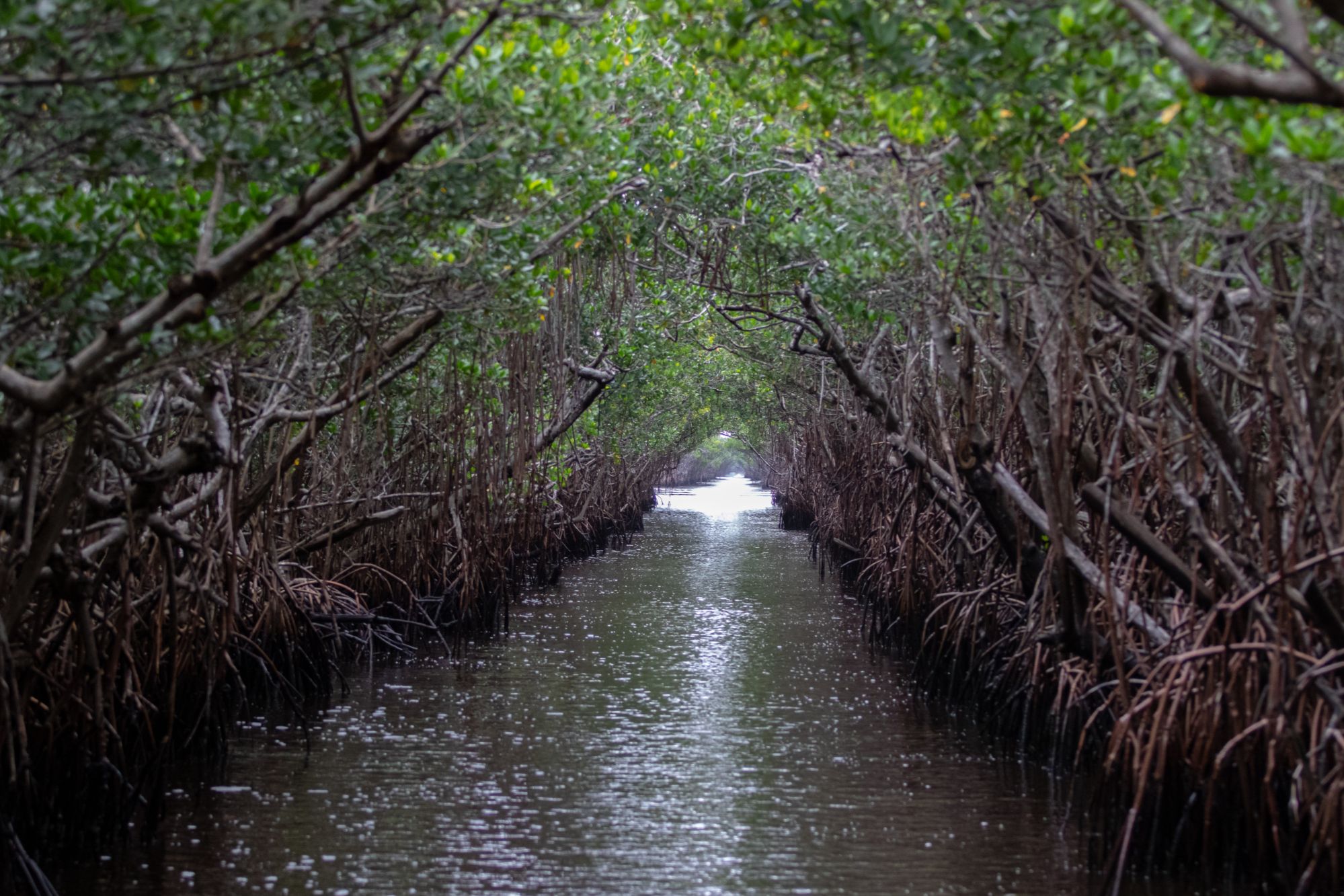
In a recent turn of events, Palm Beach County voted to deny GL Homes' proposal for a land swap in the Agricultural Reserve, a move that has garnered significant attention from both the real estate and environmental communities. The decision was based on a variety of factors, and its implications are far-reaching for the future of development in the region.
Background
GL Homes, a prominent Florida-based homebuilder, had proposed a land swap in the Agricultural Reserve, a 22,000-acre zone in Palm Beach County dedicated to farming and conservation. The company's plan was to exchange 1,600 acres of privately owned land outside the reserve for the right to develop a 653 acre parcel within it. The details of this proposal can be found in a recent article on [The Real Deal]. The resulting verdict of the most recent commission vote came to a 4-3 denial.
Reasons for Denial
While the exact reasons for the denial have not been explicitly outlined, several factors likely played a role:
1. Environmental Concerns - The Ag Reserve is a unique and vital ecosystem. Any development within its boundaries could potentially disrupt the local wildlife, water resources, and overall ecological balance.
2. Preservation of Agricultural Land - The reserve was established to protect agricultural land from urban sprawl. Allowing a major developer to build within its confines would set a precedent that might encourage further encroachments.
3. Public Opposition - Local residents and environmental groups have been vocal in their opposition to such developments. Their concerns about traffic congestion, loss of green spaces, and potential environmental degradation likely weighed heavily on the decision-makers.
Implications for the Future
The denial of GL Homes' proposal sends a clear message about the county's commitment to preserving the Agricultural Reserve. Here are some potential implications:
Strengthened Conservation Efforts: This decision could bolster conservation efforts in the region, making it clear that the Ag Reserve is not open for urban development.
Shift in Development Strategies: Developers might need to rethink their strategies and look for opportunities outside protected zones. This could lead to innovative, sustainable development practices that respect the environment and local communities.
Increased Land Value Outside the Reserve: With the Ag Reserve off-limits, lands outside its boundaries might see an increase in value as they become prime targets for development.
Conclusion
The decision to deny GL Homes' land swap proposal in the Agricultural Reserve underscores the importance of balancing development with environmental conservation. As Palm Beach County continues to grow, it will be crucial to make decisions that respect both the needs of the community and the environment. This recent event serves as a reminder of the balance and commitment that must be maintained for a sustainable future.
Categories
Recent Posts
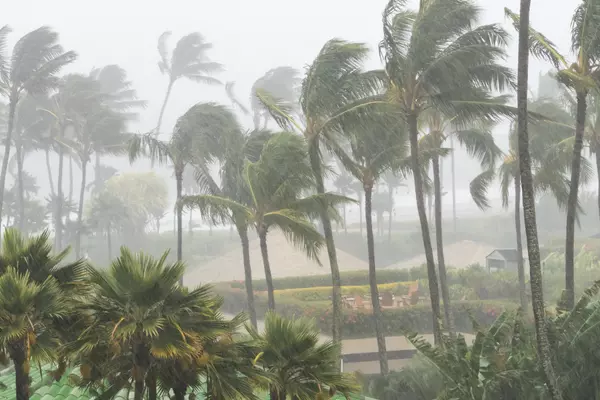
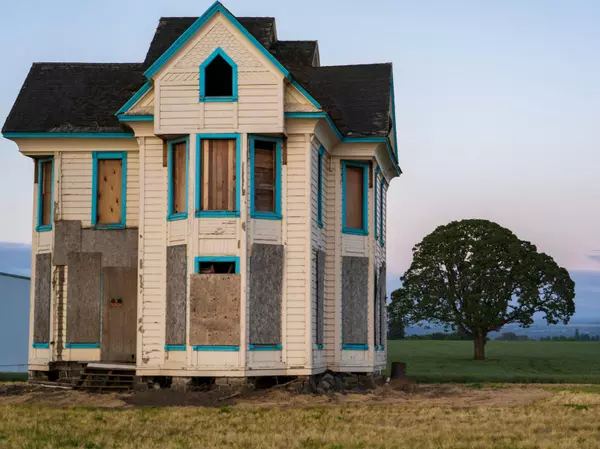
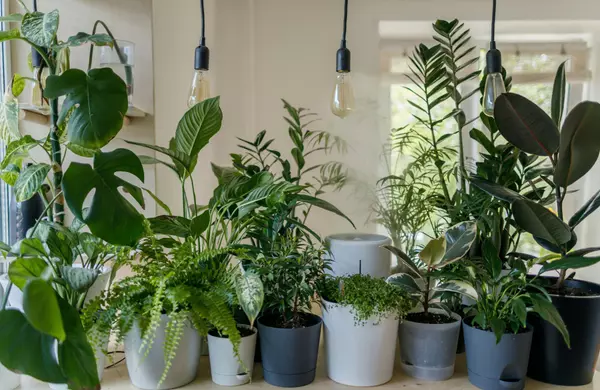





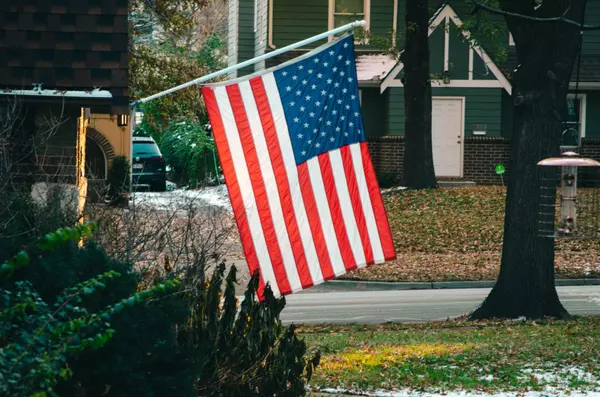


"My job is to find and attract mastery-based agents to the office, protect the culture, and make sure everyone is happy! "

